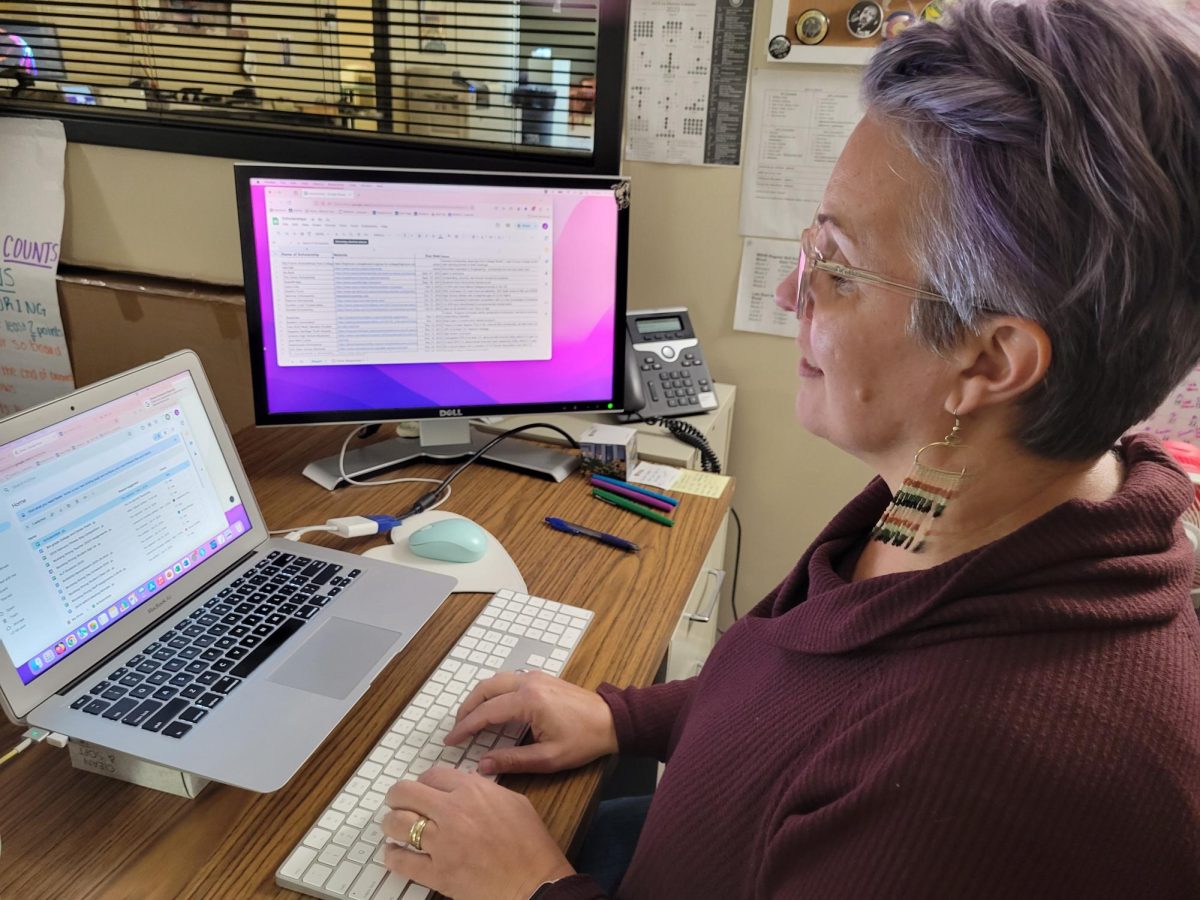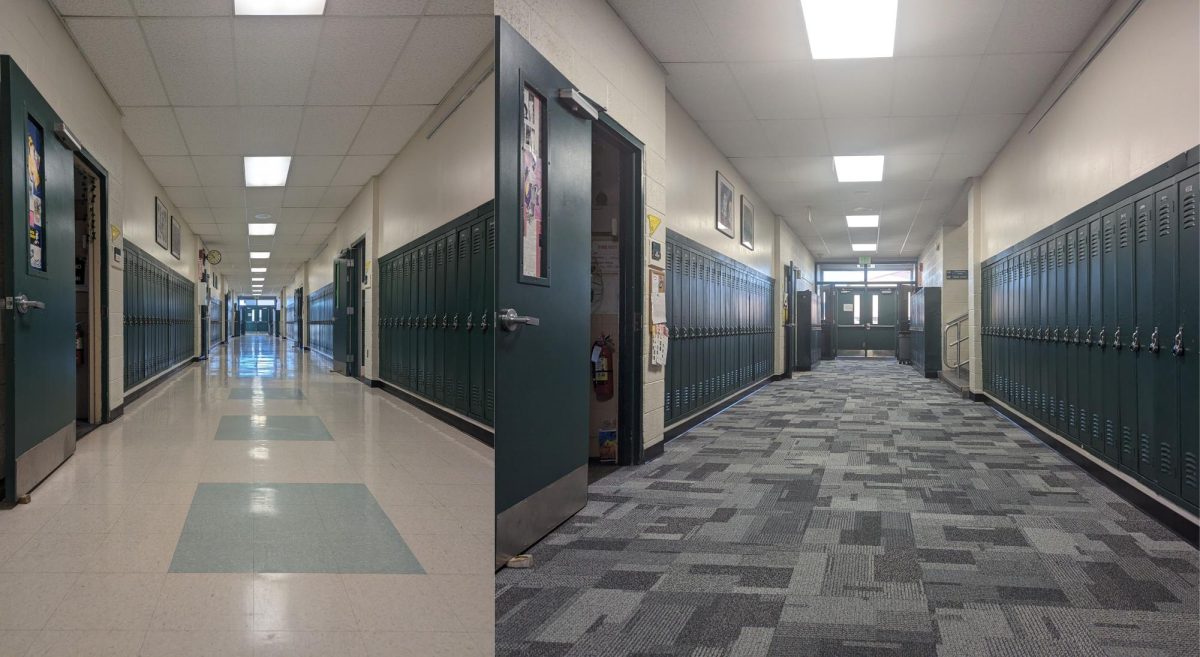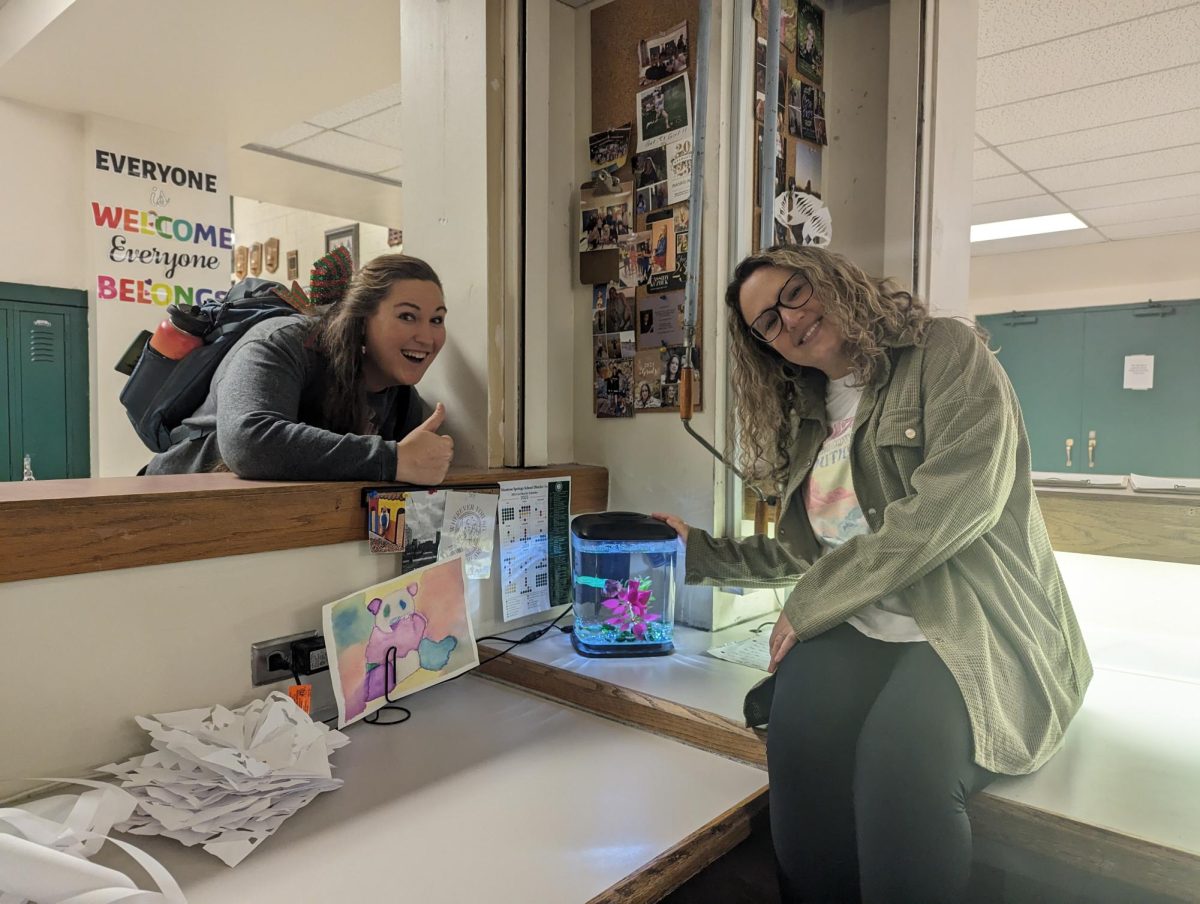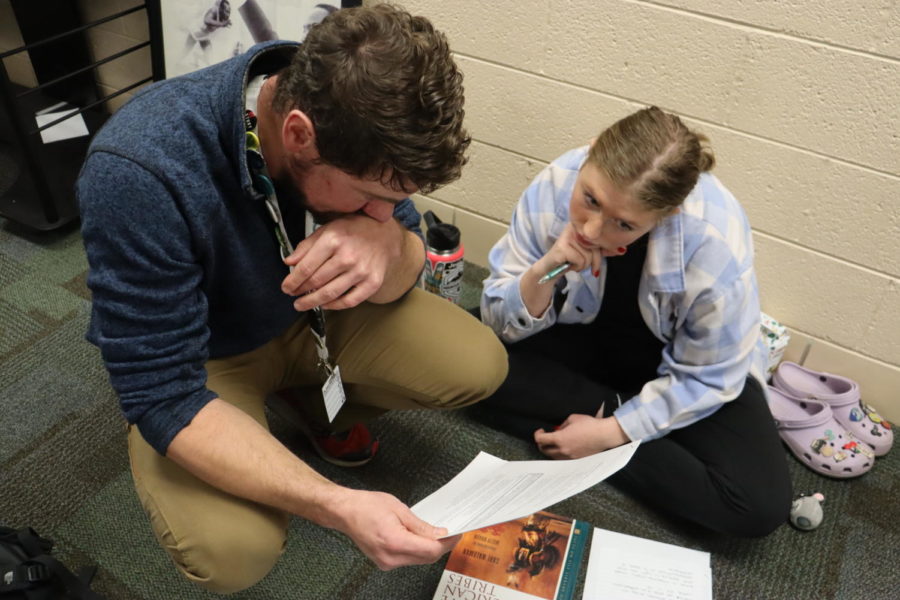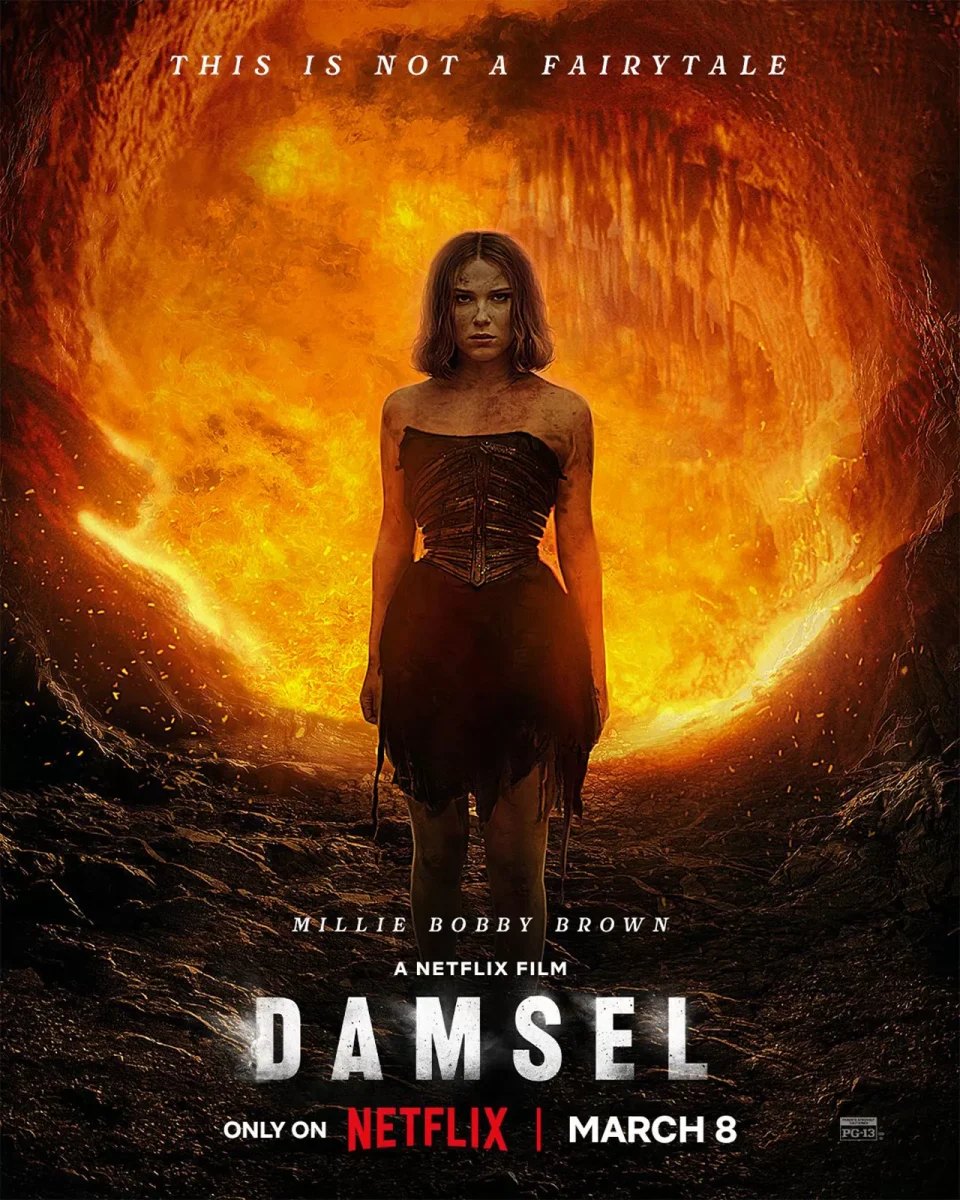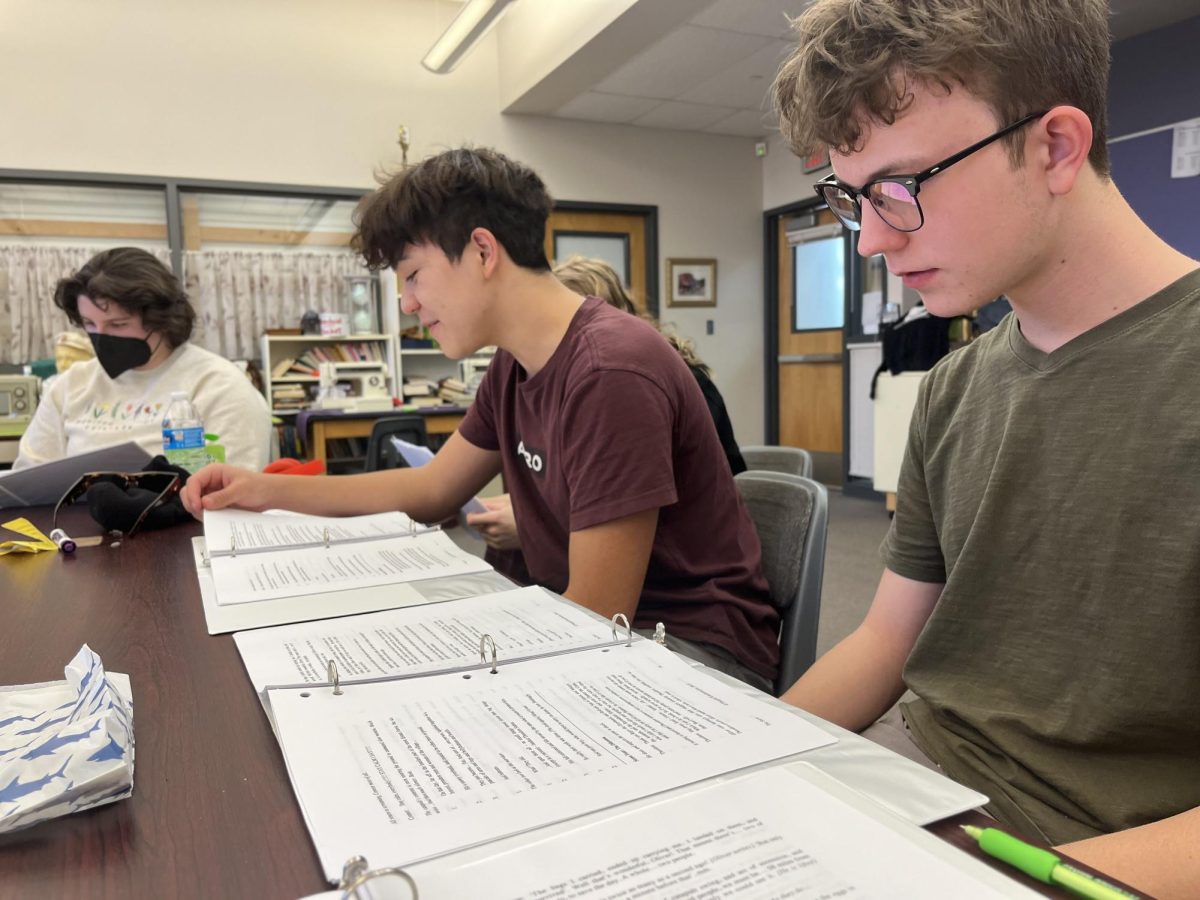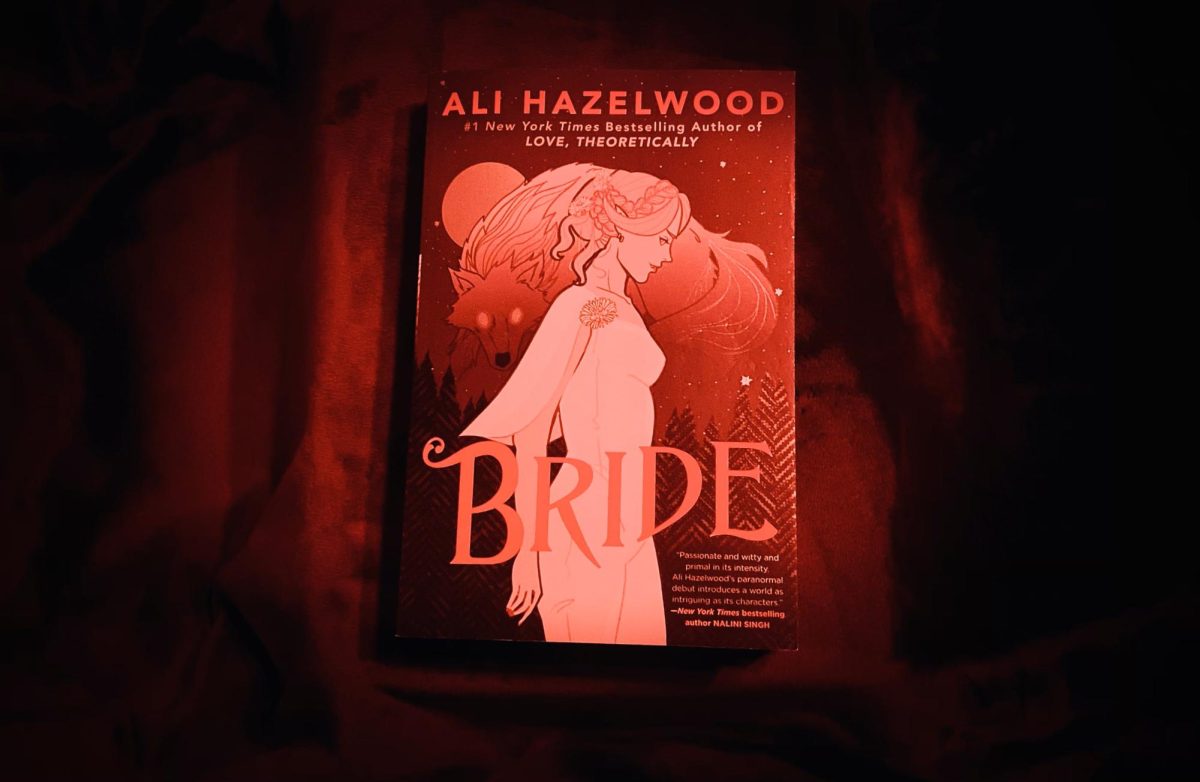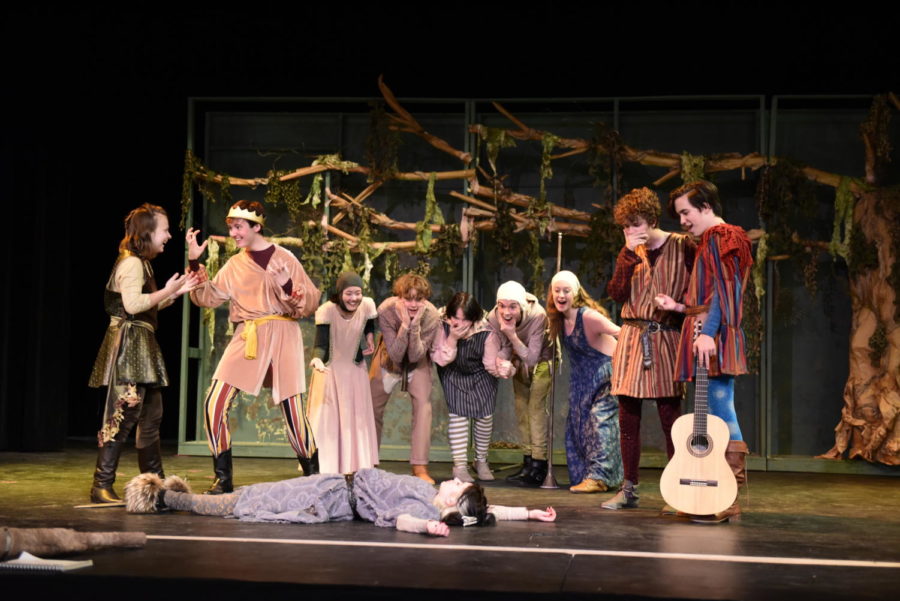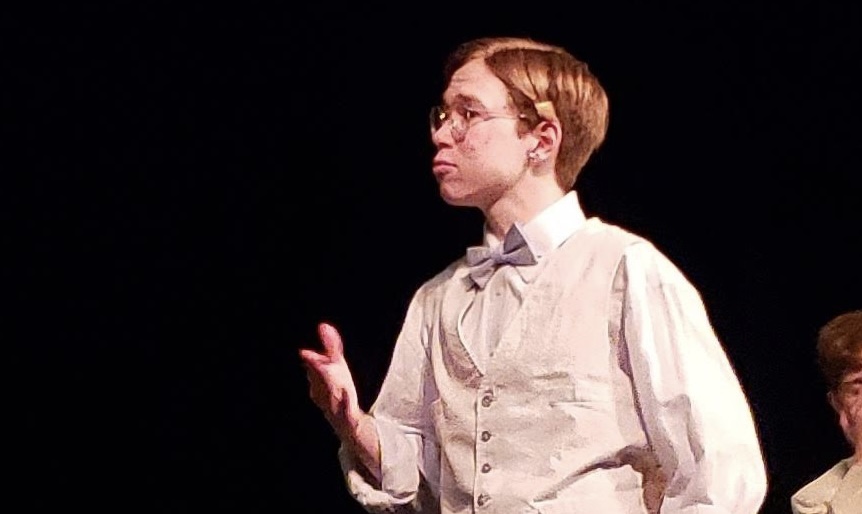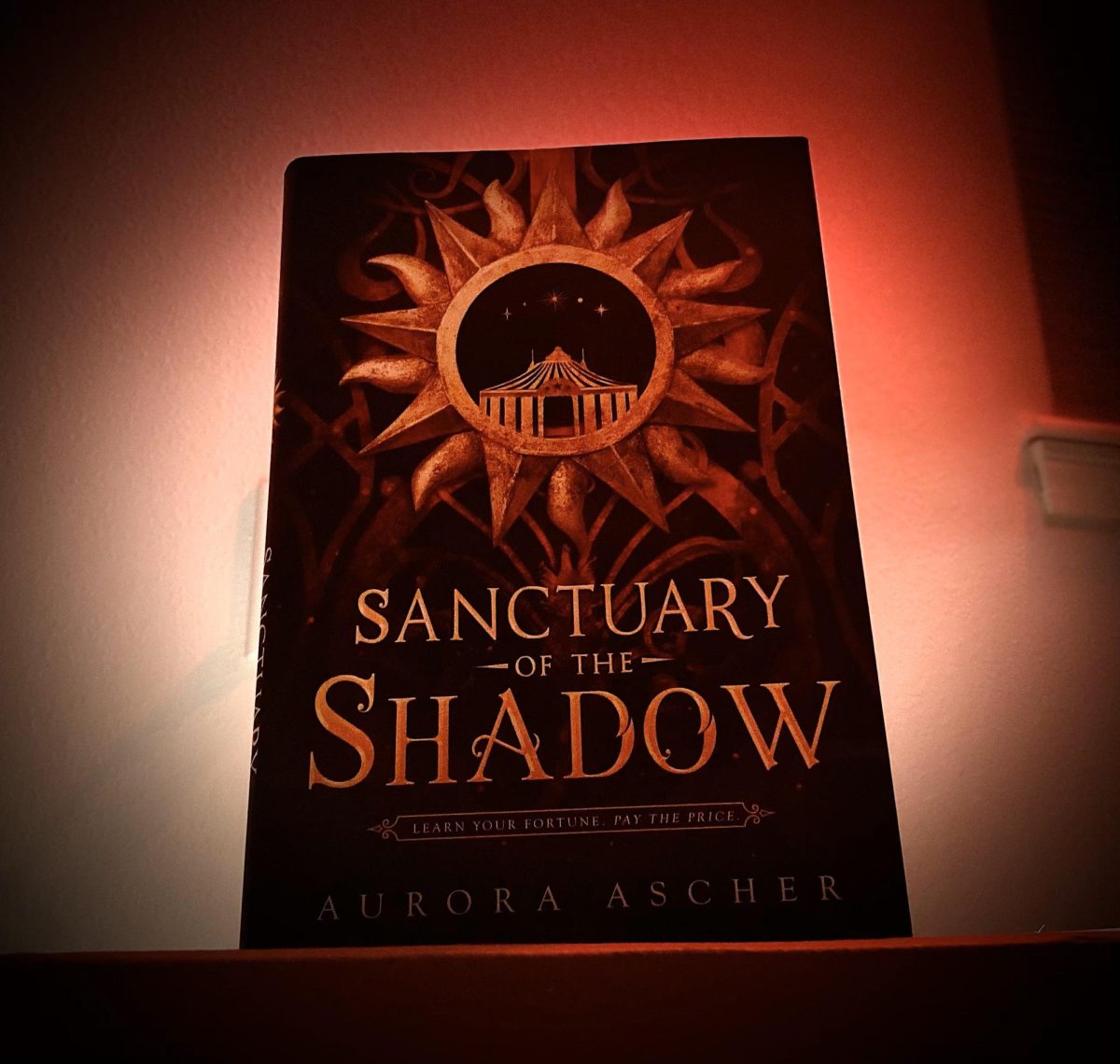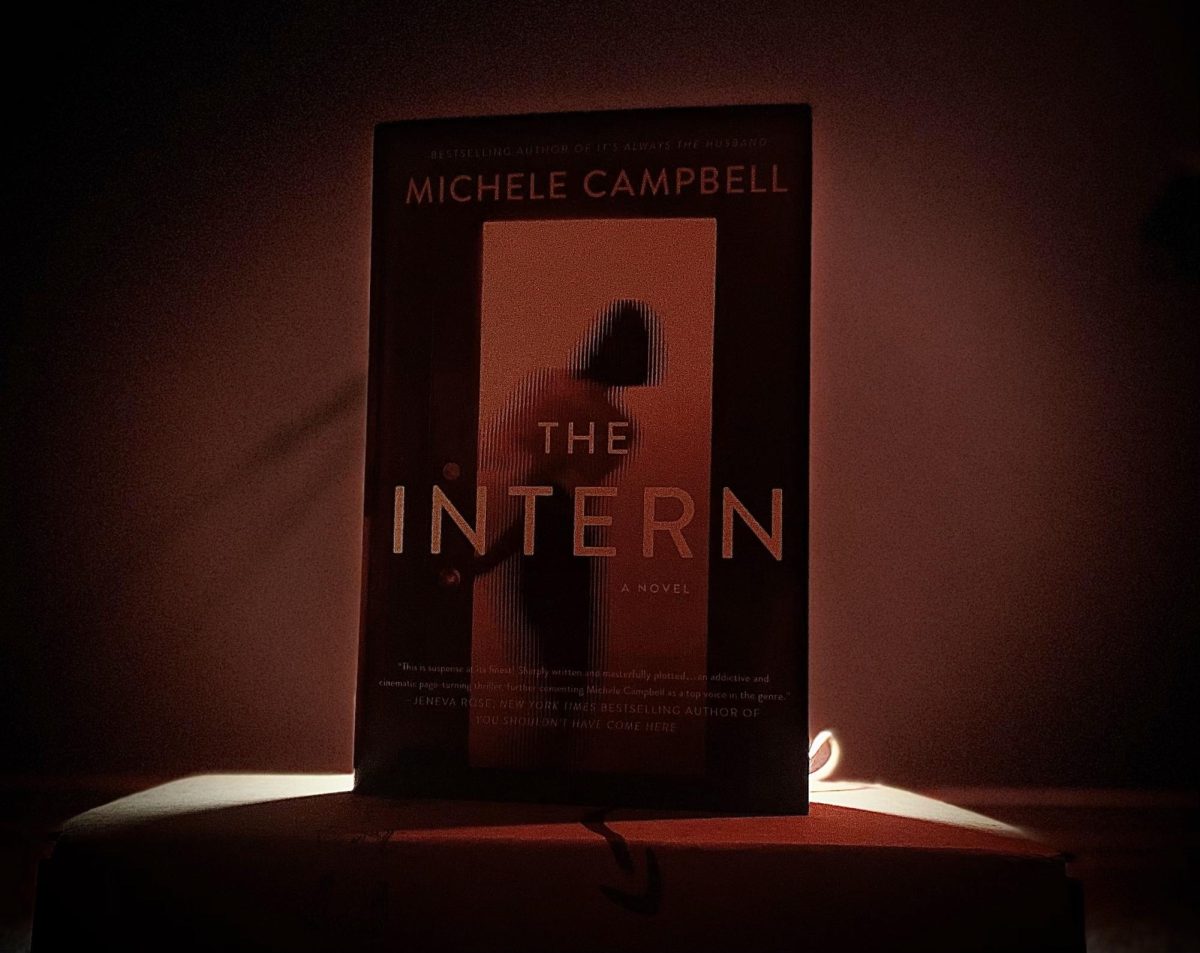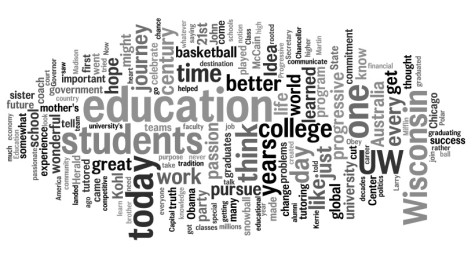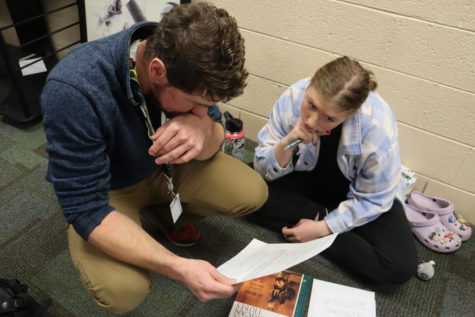Unpractical Thought, Practical Thinking
April 29, 2015
Fareed Zakaria, who is a writer for the Washington Post and a host on CNN, recently published a book titled In Defense of A Liberal Education, which comments heavily on modern education’s tendency to stray toward a STEM-based focus (STEM standing for “science, technology, engineering, and mathematics”, or the “practical” vocations) rather than a liberal education. According to Zakaria, it is the liberal education that is slowly beginning to decline.
E. O. Wilson, an American biologist and author, once said: “We are drowning in information, while starving for wisdom.” His philosophy couldn’t be more correct. By saying this, Wilson means that even though we have so much information and knowledge at hand, there is little true wisdom or meaningful knowledge in any of it. These days, when technology is a hierarchy which rules with an iron fist, liberal education as well as creativity is suffering. Everything is becoming practical, when there are still unpractical avenues needed to allow society to function well.
The very definition of liberal education is a system or course of education suitable for the cultivation of a free human being. The Latin root for free is also “liber,” hence the liber in “liberal.” Hence the name, a liberal education is a form of education focused solely on the liberal arts (e.g., philosophy, art, English).
If this definition is the true definition of what a liberal education is, then upon what is modern education based? Technology and all that it entails most definitely pertains to a lot in this day and age, and it is no surprise that programming jobs, computer designers, and electrical engineers are vocations wanted by many. However, if this continues for years to come, will all forms of the liberal education fall away as society becomes based on STEM-formated thinking? It was Florida’s governor, Rick Scott, who asked, “Is it a vital interest of the state to have more anthropologists?”
Judging by what is now the norm concerning education, it is vital to try and press the liberal arts and more “creative” fields. So many people want to follow the STEM path, mainly because of technology’s modern influence on society and how success is often valued more so in these fields than in liberal ones, and because less and less wish to follow the liberal arts, there will come an inevitable point in time when there will be not enough supporters of liberal education for it to continue. Even though there is creativity in the STEM arts, it is mainly based on hard-set facts rather than loose, arguable opinions that are held in venues like literature or philosophy. Does this mean that creativity will begin to die if the liberal education is lost? According to Zakaria, it won’t just begin to die – it is dying.
This raises an even bigger question: Is college really important? Nicholas Kristof, of the New York Times, believes that college is nothing more than a heuristic – or an experience by which we learn something. If college is just another heuristic, then why are so many people wasting countless dollars and years of their lives on it? This question, which Kristof poses, in the light of liberal education, is vital. Kristof believes that because this generation is so technologically based, neither a STEM education nor a liberal education requires college, because all the time spent at a university is just more time added on to one’s experience, but does not contribute to their well being. If this were true, then it would change the entire perspective of higher level education.
As well, there have been studies arranged devising what literature (as well as the other sectors of liberal education) teaches us, aside from its intellectual value. Some of these studies prove that people who read and understand literature are not only more “emotionally composed,” but they also are able to understand others’ emotions better, too. Other studies arranged also prove that these same individuals are capable of reading the emotions of others not present in person but in some other format, as in a picture.
But in contrast to a liberal education and the less intellectually balanced, more emotionally based teachings behind it, a STEM education poses different lessons that are important, but in different ways. A STEM education teaches us to apply formulas and the things that we learn in specific fields and areas, and to use them to our advantage. And the things learned in an education based on STEM-supported subjects are necessities to social life, such as electrical engineering, medicine, and computer programming. Without these necessities, society would not be able to function well, especially with its gradual technological incline. But what this form of education doesn’t teach us is how to read others’ emotions, and how to peer deeper into the truths of people. Which recitation is more important? That is up for you to decide.
It cannot be deemed currently what will come of the liberal vs STEM education debate, especially with the new light shed on both of them, but it is hopeful that something will be done. Both fields are beautiful in their capabilities: one is fueled by application and data; the other is fueled by emotion and metaphorical beauty. In this way, we cannot allow either to be forgotten, because both apply to the everyday. But because it is liberal education which is being threatened currently, we must draw awareness to it. Instead of pressing the “guaranteed successes” of a STEM education, we must renew the potential of the creative arts and everything that is entailed within them.
In conclusion, by renewing liberal education and shedding light on its truths, as well as continuing the concordant awareness of a STEM education, we may discover the wisdom for which we starve – and draw away from the sea of information in which we are drowning.



